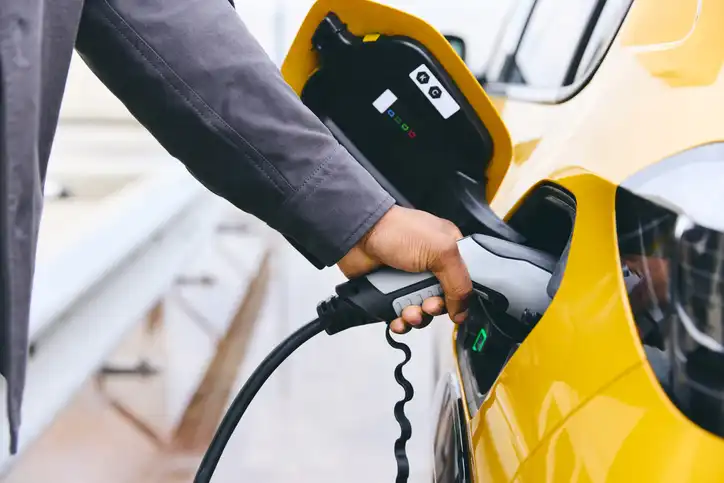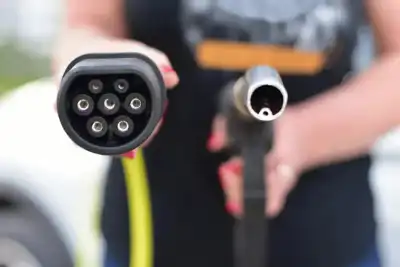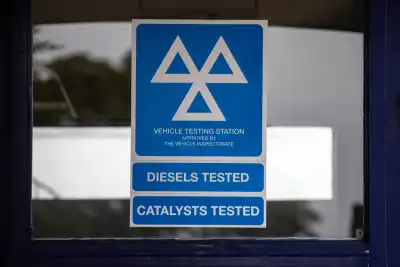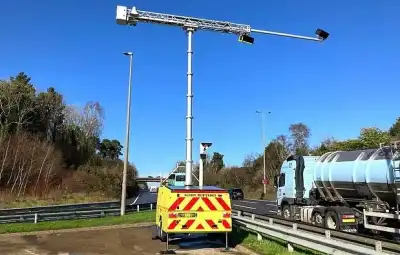
The cost of charging is one of the first things drivers want to know before switching to an electric car. The answer depends on where you plug in. Charging at home is almost always cheaper, while public chargers vary a lot depending on speed and provider. Understanding the differences helps you see how much you can save compared to petrol.
Charging at home
Most EV drivers charge overnight. On a standard electricity tariff of around 30p per kWh, a 60kWh battery costs about £18 to fully charge. That gives around 250 miles of driving, which works out at about 7p per mile.
If you move to an off-peak tariff the cost is much lower. Some energy companies offer overnight rates at about 7.5p per kWh. That means a full charge costs about £4.50, which is just over 2p per mile. Installing a home wallbox makes this easier and quicker, adding around 30 miles of range for every hour it is plugged in.
Public charging
Public chargers are more expensive. Rapid and ultra-rapid chargers usually cost between 60p and 75p per kWh. That means a 60kWh battery costs £36 to £45 to fill, or about 14p to 18p per mile.
Even so, many EVs remain cheaper to run than petrol cars. A petrol engine often costs between 15p and 20p per mile in fuel, so EVs still offer an advantage. For drivers who rely only on public chargers the savings are smaller, but they are still there.
How to save money
Planning makes a big difference. If you have off-street parking, use a cheaper night tariff wherever possible. Drivers who use public networks often can benefit from subscriptions that lower the per kWh rate. Charging speed also affects price. A 50kW charger is usually cheaper than a 150kW charger, although the faster unit is better for quick top ups.
Comparing costs
The easiest way to see how much you can save is to use Regit’s fuel saver tool. It shows the difference between petrol and electric based on your car and mileage: https://www.regit.cars/electric-cars
Final word
Charging at home gives the lowest costs, but even rapid charging on the road is often competitive with petrol. With more chargers being installed every month, the case for electric is only getting stronger.




